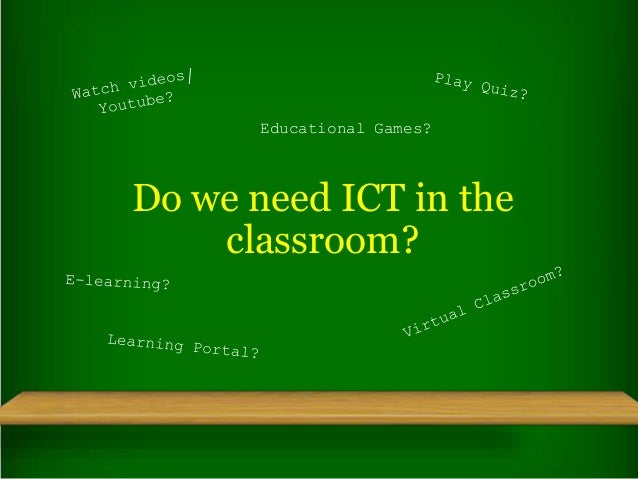Challenges at my workplace: At my school we are trying to do a lot of administration digitally, because at this moment a lot of administration like marks etc, is filled in manually and it can be strenuous. But not everybody is happy because some of them still do not see the benefit of using technology, so what we have to do, we have to convince these colleagues to use ICT.
At the course I would say that one of the challenges was to work in a group, sometimes a lot of problems occurred because they did not keep their promises if it came to working on the assignments etc. But it was also an opportunity for me with regard to my leadership skills, which was to be able to let the group work together through it all. So after the assignment was done, I felt satisfied that even though it was not always simple to work together, we still did it.
One of the projects I am particularly proud of is the project of module 17 with regard to one of the MDG's, in our case it was decent work and economic growth we did a project about teaching students how to write a business plan and in this way encouraging entrepreneurship.
We started from the bottom and the result was amazing.











